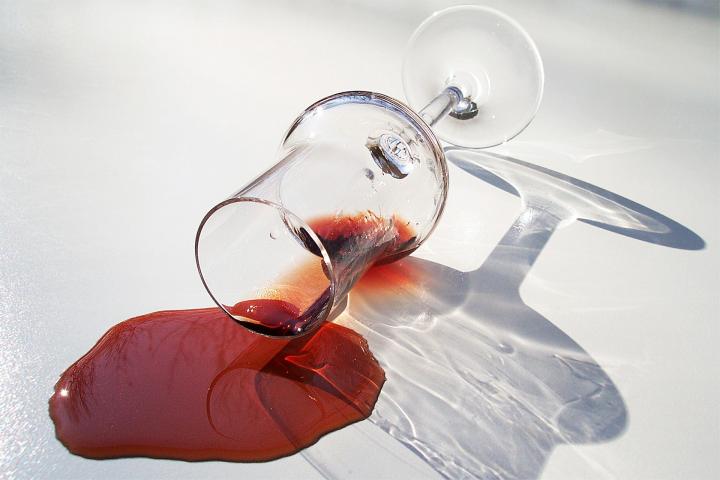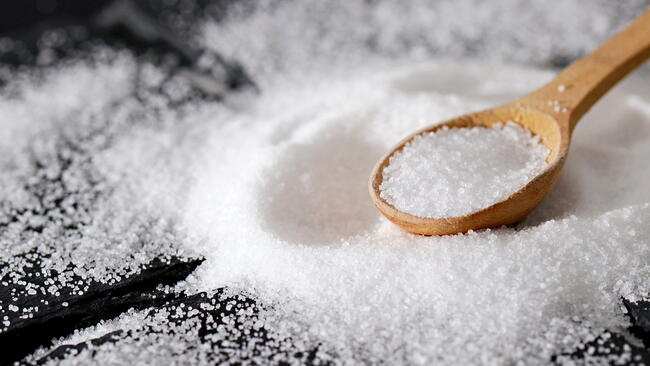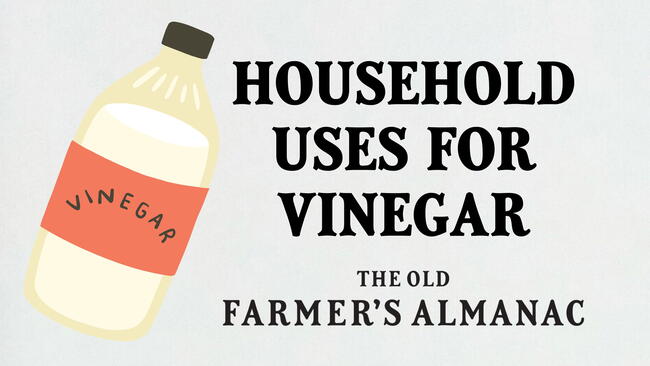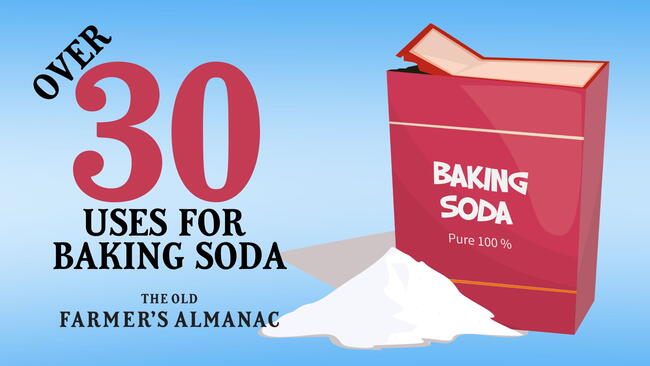Primary Image

Caption
Learn how to remove stains from clothing with these tips for stain removal.
Forget the laundromat—discover simple, effective DIY stain removal tricks for every kind of mess.
More Like This
Hi, Wondering how to get Laundry Stains out of soccer jerseys...
The best way to remove ball point ink is isopropyl alcohol. Most hair spray contains alcohol but it’s diluted with other stuff. It will also work on fresh ink from Sharpie markers but does not work on gel inks. To treat I wad up some paper towels and place under the ink spot on the garment then pour a little alcohol on the stain or dip a cotton ball in the alcohol and blot the stain.
You can also use hydrogen peroxide to get blood stains out.
Removing blood from clothing. All you need to hydrogen peroxide. Works every time
I wanted to share the best stain remover for basic clothes to treat before washing, make a paste of salt and lemon juice apply it to stain then lay it out in the sun to dry and wash in laundry. The fresh smell when it is done is invigorating. I have not tested it on all kinds of stains but normal stains will come out.
Great way to remove blood is saliva, but the blood and saliva have to be from the same person. There's a practical limit, but if you get a few drops of blood on something, it's a good piece of info to have.
A fresh blood stain on clothes can be removed with hydrogen peroxide. Just use a cotton ball to apply peroxide to the stain, and it will start to lift the stain quickly. Launder as usual, if there's is still a little blood left then spray with a pre treatment like oxyclean spray. Let sit for a few minutes then launder as usual.
Use lighter fluid, or WD-40 to remove sticky tag adhesive from fabric or solid surfaces.. Be sure to test the fabric/surface before applying to make sure that it doesn’t harm the fabric.
Our 15 year old daughter was finially baptized at Easter Vigil last easter and Like all the other preteen and teen girls,she wore the traditional white,poofy,sleeveless,above the knees baptism dress with the matching bonnet,lace anklets and the white 'mary jane' shoes.The girls all wear the white cloth baptismal diaper with rubberpants over it under their dresses with an undershirt as their top.At her party,she sat on a chair that had pizza sauce spilled on it,and got a fairly good size orangeish stain on the back of the rubberpants.She took her outfit off at bedtime and by then the stain was dried and set in.She will be making her First Holy Communion next May,2018,and has to wear the cloth diaper and rubberpants under her communion dress as they are required for the newly baptized girls for first communion.How can we get the stain out of the rubberpants?
- « Previous
- 1
- 2
- …
- 10
- Next »











Comments